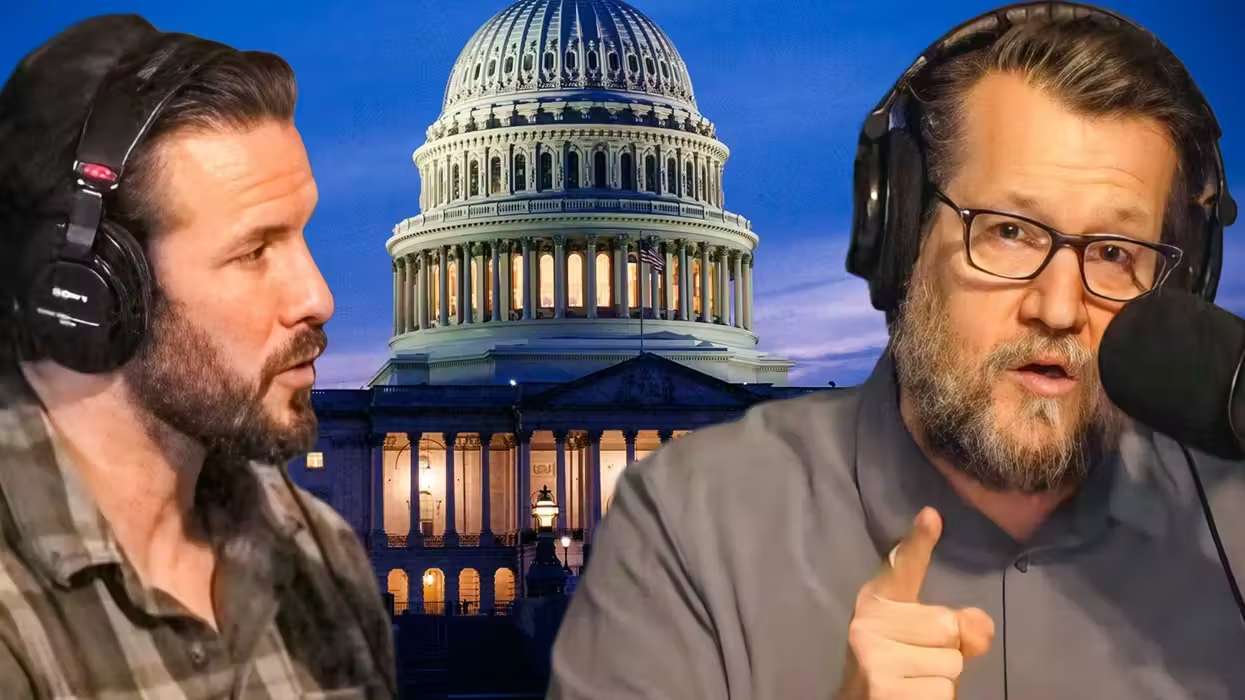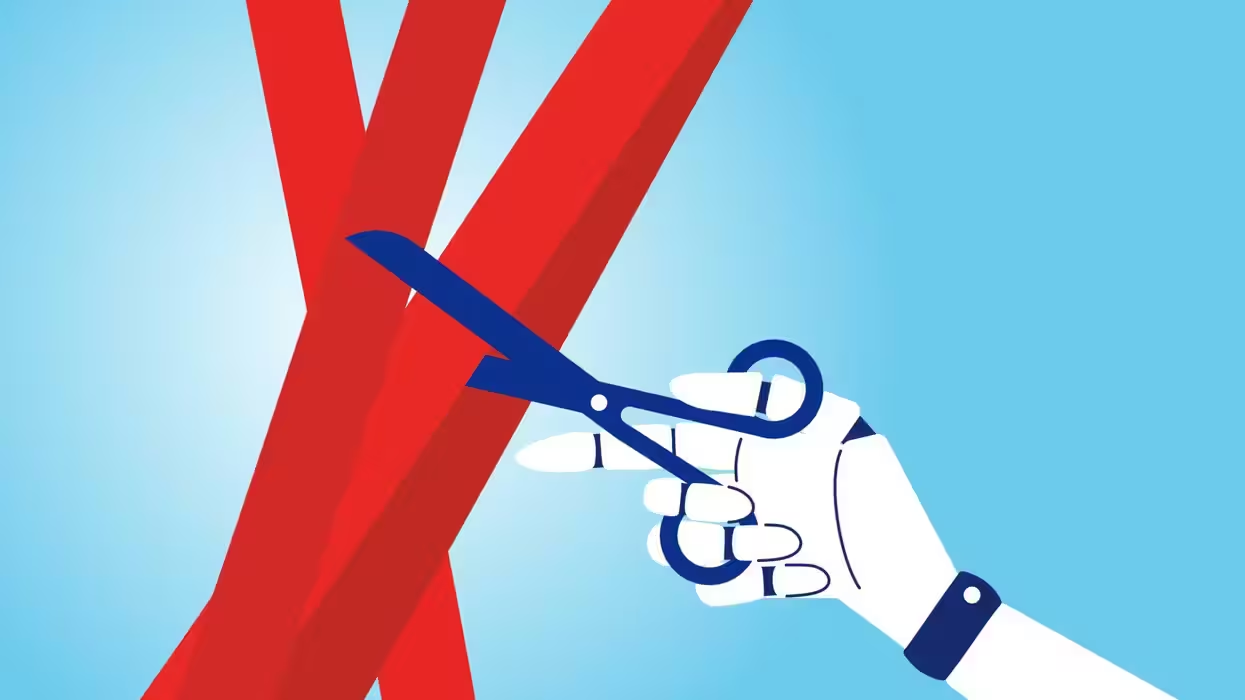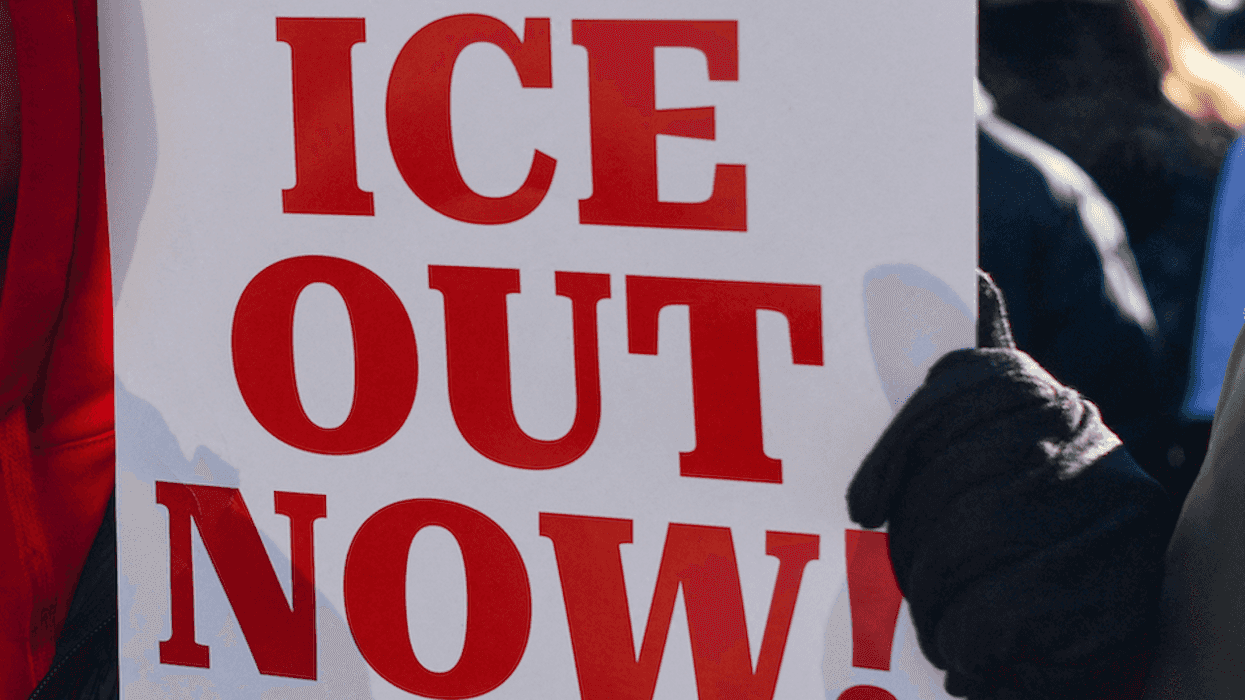
© 2026 Blaze Media LLC. All rights reserved.
Dangers of Surveillance': Privacy Expert Reviews Why Increased Spying Is Bad
April 02, 2013
"Menaces our intellectual privacy and it gives the watcher a power advantage..."
 (Photo: Shutterstock.com)
(Photo: Shutterstock.com)
GPS and cellphone tracking. Facial recognition cameras. Dones that can tell if someone is armed. Digital spying. All are among emerging technologies and techniques that are increasingly being used by everyone from law enforcement to clothing stores.
Those concerned about individual privacy often have a strong reaction to the use of such technology, but privacy law expert Neil Richards said people don't "really know why" a lot of surveillance is bad.
“We only have a vague intuition about it, which is why courts don’t protect it. We know we don’t like it, and that it has something to do with privacy, but beyond that, the details can be fuzzy," the Washington University in St. Louis law professor said, according to the university's news website.
The main dangers are that it "menaces our intellectual privacy and it gives the watcher a power advantage over the watched, which can be used for blackmail, persuasion, or discrimination,” he said.
Richards' thoughts in the piece titled "The Dangers of Surveillance," which will be published in the next issue of the Harvard Law Review but are available here for download, detail how courts likely dismiss challenges brought against surveillance programs because of the idea that "mere surveillance creates no harms."
But ultimately, society as a whole, Richards writes lacks an understanding of "why (and when) government surveillance is harmful."
Richards believes:
- First, we must recognize that surveillance transcends the public-private divide;
- Second, we must recognize that secret surveillance is illegitimate, and prohibit the creation of any domestic surveillance programs whose existence is secret;
- Third, we should recognize that total surveillance is illegitimate and reject the idea that it is acceptable for the government to record all Internet activity without authorization; and
- Fourth, we must recognize that surveillance is harmful.
He wrote that intellectual activities can be snuffed in a surveillance society as it might deter "eccentric" or so-called deviant behavior. Calling up George Orwell's "1984" as an example, Richards said the classic novel shows how the "fear of being watched causes people to act and think differently from the way they might otherwise."
To be clear, Richards is not advocating that surveillance not be possible in a society. It is when surveillance extends to wanting to know what people read, think and say in private that there is the potential for it to cross the line. Much of the data collection going on today is trying to better track these very things for purposes like targeted advertising. A couple months ago, TheBlaze reported a patent filed by Verizon for a set-top cable box that could sense what a person was doing while they were watching TV in the hopes that better marketing could be sent their way.
Like monitoring for the purpose of targeted advertising, which is not inherently a malicious goal, Richards notes even if the goal of the surveillance is benign it still seeks to establish "influence or control over others" and could be used for purposes outside of its intended goal.
In his paper, Richards writes that secret surveillance and total surveillance are both illegitimate.
"Surveillance can sometimes be necessary, even helpful. But unconstrained surveillance, especially of our intellectual activities, threatens a cognitive revolution that cuts at the core of the free minds that our political institutions presuppose," Richards wrote in conclusion, noting though that the laws constraining it have been "whittled away" by several changes in the last two decades, of which technology is one of them. "By thus recognizing the harms of surveillance, and crafting our laws accordingly, we can obtain many of its benefits without sacrificing our vital civil liberties or upending the power balance between individuals on the one hand and companies and governments on the other."
--
Related:
- FBI General Council: Ability for Law Enforcement to Access Real-Time Email, Online Chat a 'Huge Priority'
- 'Spooky' Mannequins Outfitted With Facial Recognition Cameras Spy on Shoppers
- Why Is the Government Still Pushing for Warrantless GPS Tracking on Cars?
Featured image via Shutterstock.com.
(H/T: Science Daily)
Want to leave a tip?
We answer to you. Help keep our content free of advertisers and big tech censorship by leaving a tip today.
Want to join the conversation?
Already a subscriber?
more stories
Sign up for the Blaze newsletter
By signing up, you agree to our Privacy Policy and Terms of Use, and agree to receive content that may sometimes include advertisements. You may opt out at any time.
Related Content
© 2026 Blaze Media LLC. All rights reserved.
Get the stories that matter most delivered directly to your inbox.
By signing up, you agree to our Privacy Policy and Terms of Use, and agree to receive content that may sometimes include advertisements. You may opt out at any time.






